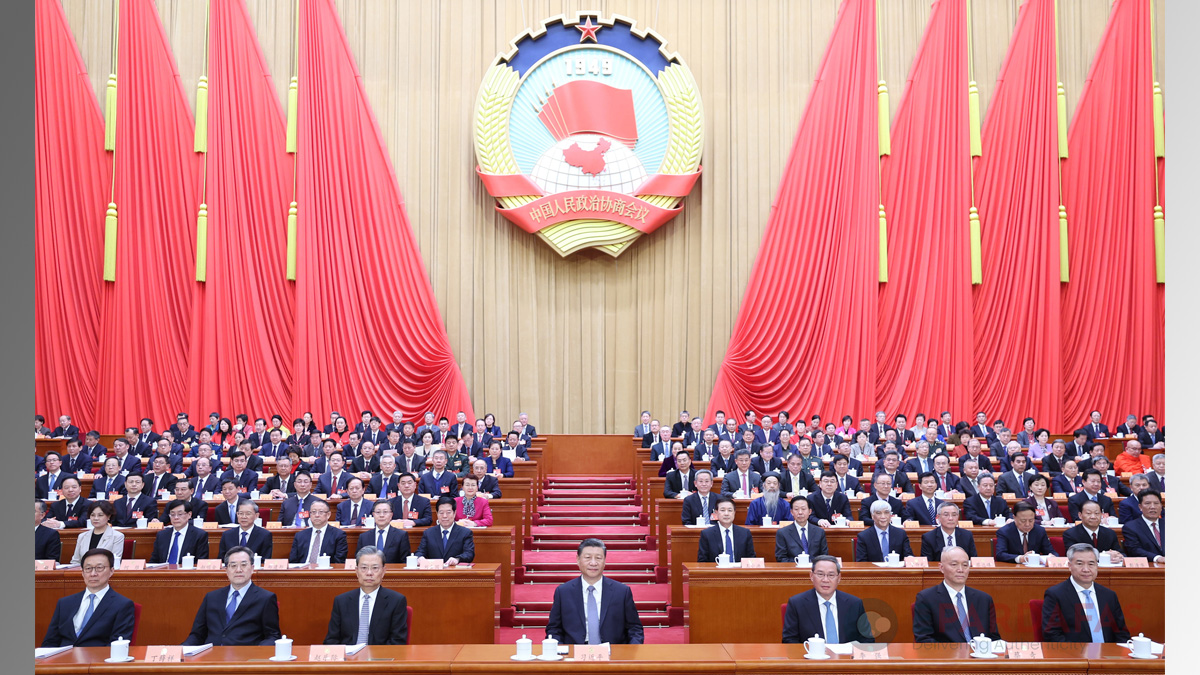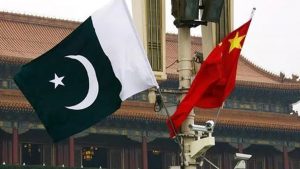
China’s Annual NPC Plenary Session Focuses on Growth Targets Amidst Economic Challenges

China’s National People’s Congress (NPC) commenced its annual plenary session today, placing significant emphasis on growth targets as the world’s second-largest economy grapples with a host of challenges. Investors worldwide are closely monitoring this year’s gathering, known as the “two sessions” or “lianghui” in Chinese, to anticipate future economic developments.
While some policy objectives and details are emerging, uncertainties persist regarding the execution and timing of these plans. Experts highlight several pressing challenges, including a prolonged slump in the real estate market, deepening deflation, a stock market downturn, and low levels of consumer and business sentiment.
Moody’s, in a note published on March 1, anticipates a growth target of “around 5 percent,” mirroring that of 2023. The meetings will also chart the course for monetary and fiscal policies for the year ahead.
Key points of interest include support for the real estate sector, stimulus measures targeting manufacturing, assistance for households, and adjustments to monetary policy. The government is expected to inject liquidity into affordable housing, urban village redevelopment, and emergency public facility building projects.
The “three red lines” regulation, implemented in 2020 to impose limits on property developers, may see modifications. Efforts to bolster demand and accelerate unfinished housing projects are likely, along with measures to stimulate manufacturing sectors such as electric cars, lithium-ion batteries, and solar cells.
Despite these initiatives, analysts emphasize the need for domestic consumption to replace investment as the primary driver of development in 2024. Direct assistance to households could stimulate demand, addressing reluctance among consumers to spend despite past incentives.
The “two sessions” bring together over 5,000 delegates from across China for discussions on legislative and policy matters. While the NPC and the Chinese People’s Political Consultative Conference (CPPCC) serve as advisory bodies to the ruling Communist Party, their deliberations shape the country’s course for the year.
Concerns over yuan devaluation loom large, prompting policymakers to tread cautiously on interest rate adjustments. Robert Swift, Chief Investment Officer of Delft Partners, warns of the risks associated with a weakened yuan, urging further monetary loosening to prevent devaluation.
The yuan’s depreciation against the US dollar since 2023 underscores the need for policy measures to shore up the currency. However, its global payment currency share remains relatively small, necessitating broader fiscal reforms to enhance its stability.
As China navigates economic headwinds and strives for sustainable growth, the outcomes of the NPC plenary session will reverberate globally, shaping investor sentiment and economic dynamics in the years to come.













Comments